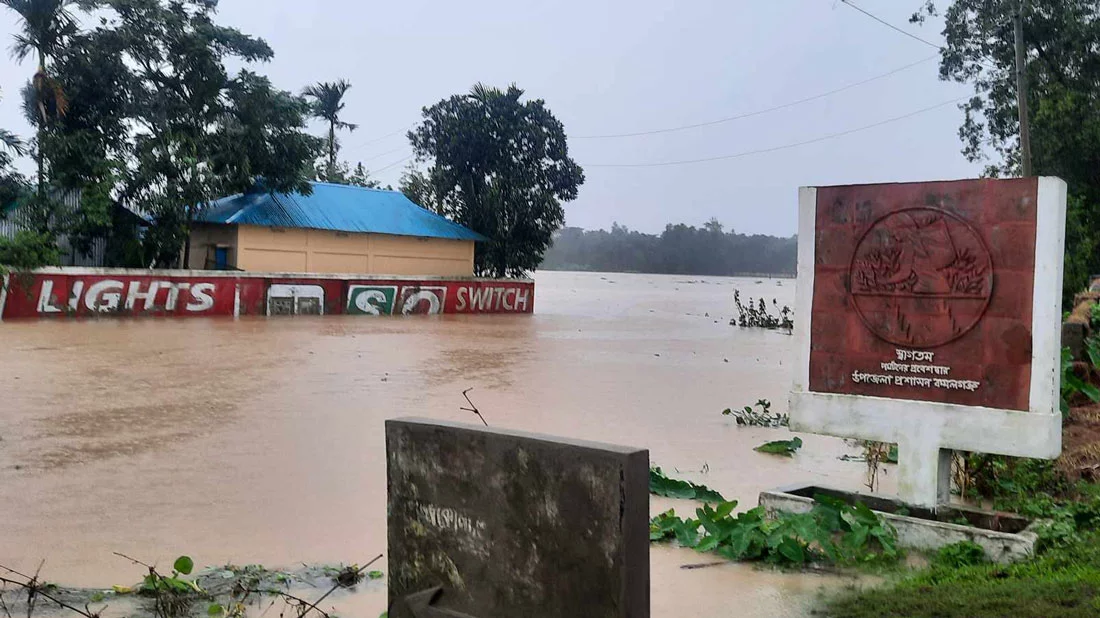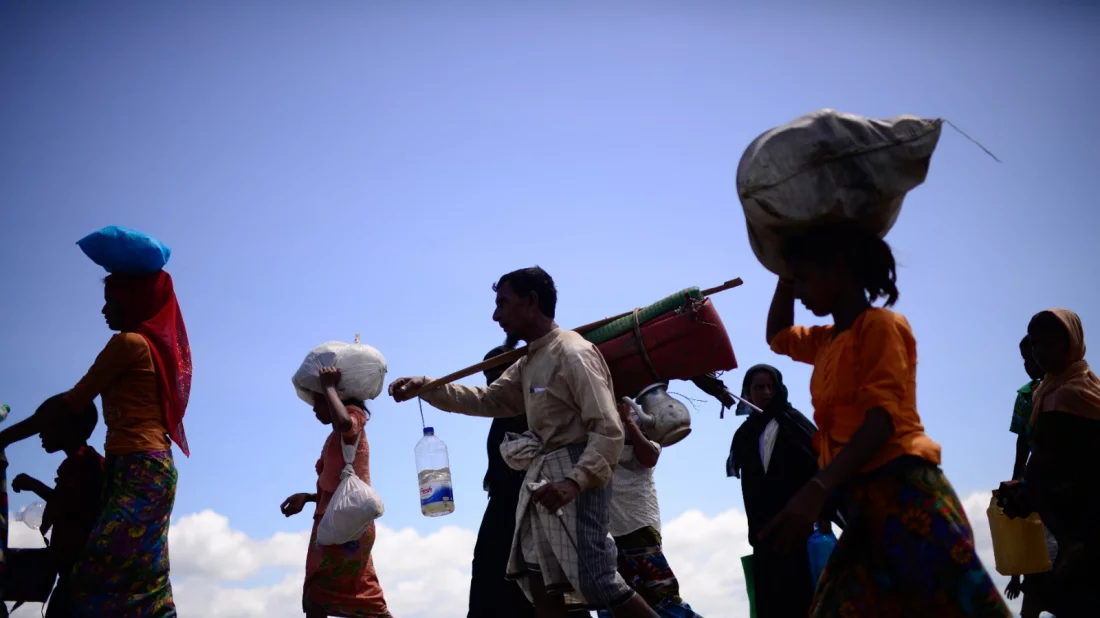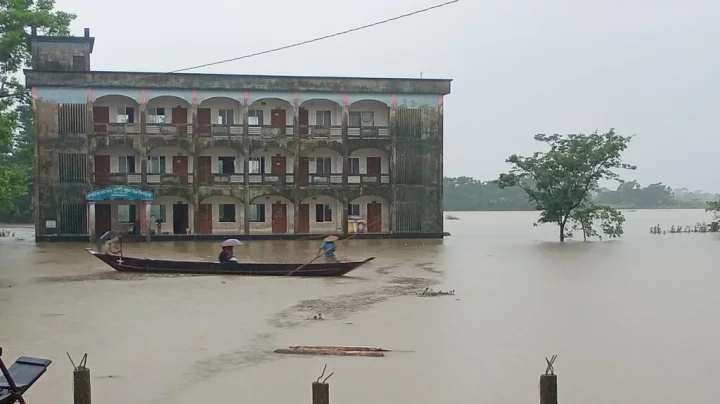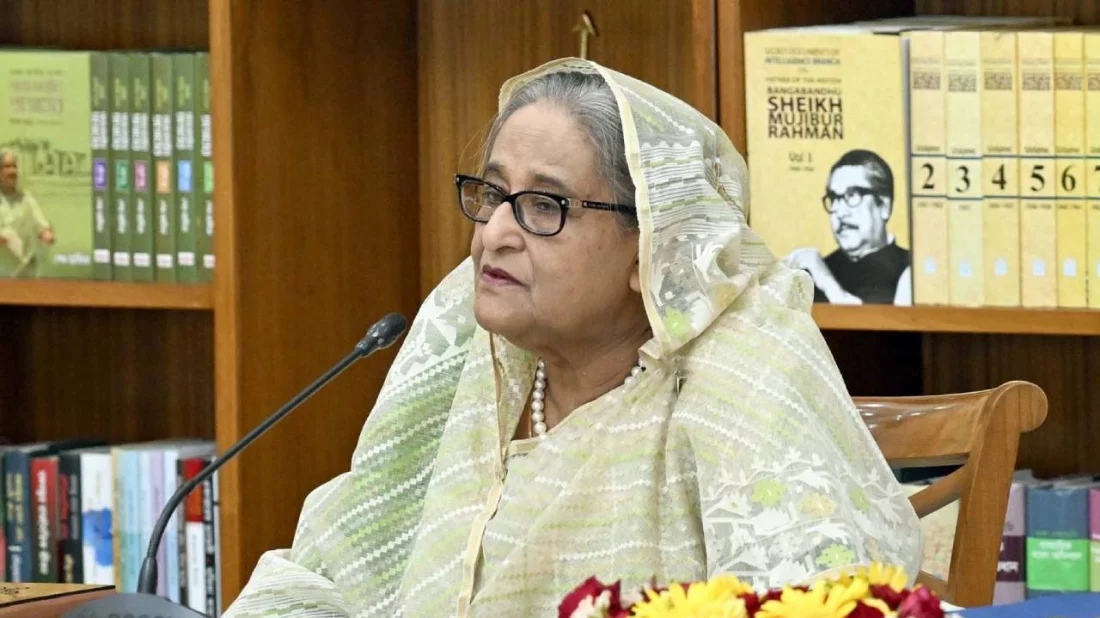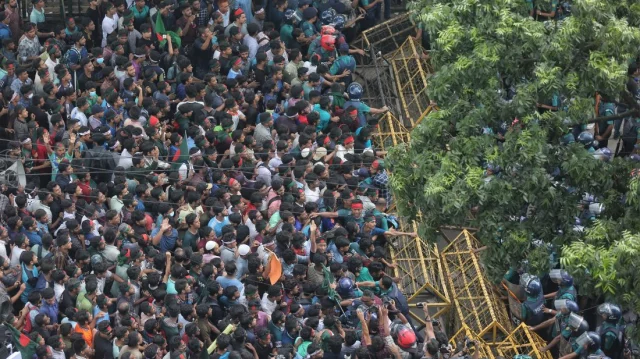
There is a movement for quota reform based on the five-point demand of general students. On the other hand, the government says that the decision on maintaining the quota is in the hands of the court, while another party advocates for the complete cancellation of the quota system.
The debate and protests over the quota system in government jobs were rekindled after a High Court verdict on June 5 declared the 2018 quota abolition illegal. Amid the demands of activists, the High Court's order, and the controversy among the public, analysts argue that any developed country needs a quota system to support underprivileged communities.
Experts said that in deciding to reform the quota system, it is essential to consider who needs the quota. However, the system can be reformed by reducing the quota from the current 56%.
Prof Abu Jafar Md Shafiul Alam Bhuiyan at the Department of Television, Film and Photography at DU told the Dhaka Tribune that quotas are necessary for disadvantaged communities. He also believes that a freedom fighter quota is important to honour their sacrifices but thinks that the current quota of 56% is unreasonable.
He called for reforming the system by keeping necessary quotas, which would help advance marginalized groups, including women.
A government official who is the son of a freedom fighter said: "I think this freedom fighter quota is our right. Even if it is reduced to 20% instead of 30%, there should still be a quota system."
Prof Asif Nazrul believes that the controversy stems from the decision-making process of increasing and cancelling the quota rate.
"When the quota in government jobs was first raised incrementally to 56%, it was a rash and unilateral decision," he said.
Quota systems exist in many countries worldwide, prompting numerous questions in the public mind during this ongoing debate. The central question is how reasonable the demand for reforming or canceling the existing quota is. Why is there opposition to the quota system, and how can an ideal solution be reached? Why is the Liberation War quota in question? According to many education experts, the freedom fighter quota is reasonable and ethical to maintain in respect of their sacrifice.
Amid the month-long movement that began with the June 5 verdict, yesterday saw various university campuses, including Dhaka University, turn into riot zones during nighttime processions of students demanding quota reform in government jobs. Allegations of attacks on protesting students have emerged from some campuses.
As morning arrived, students at various universities across the country participated in the movement, with accusations of attacks by the Bangladesh Chhatra League on protestors. The situation has escalated from attacks to counterattacks, raising questions about the rights and dignity of the quota reform activists.
Students demanding quota reforms feel that if a quota exists, any unfilled vacancies should be filled from the merit list if there are no qualified candidates in the quota. They demand no special examinations for the quota and that the quota benefits not be availed more than once in the job recruitment test.
They also call for a fixed age limit in government jobs.
Quota reform movement organizer Rashed Khan said: "We had hoped that the quota system had become a settled issue. But the judgement of the court broke this misconception for us, and the movement has been ongoing for a month."
Sarjis Alam, one of the coordinators of the anti-quota student movement, said: "We have informed the president's military secretary that the 5% quota for minorities and the disabled should be retained, but the remaining quotas should be abolished. We had hoped the president would consider our demands."
Some experts point to the loopholes in the process of introducing and cancelling the quota as the source of the controversy. Until 2018, a 56% quota was prevalent in government jobs in Bangladesh. However, that year, there was a massive anti-quota movement in various educational institutions, including Dhaka University.
In response, the government completely cancelled the quota system in jobs from the ninth to the thirteenth grades.
Previously, 30% of these posts were reserved for the children and grandchildren of freedom fighters. Additionally, 10% of seats were for women, 10% for residents of backward districts, 5% for minorities, and 1% for the disabled.
Professor Abdul Mannan, former vice-chancellor of Chittagong University (CU) and ex-chairman of the University Grants Commission (UGC), said all developing countries have quota systems where women and backward communities are significant.
He said: "The European Union has a quota of 44%. America has 8%, and our neighboring country India has a figure of 50%. In all countries where there is a quota, it helps women, ethnic groups, and physically challenged people come forward. It is necessary for them."
He also pointed out that without a quota for women, a recent police recruitment had 100 men and only four women, when there should have been at least 10 women.



